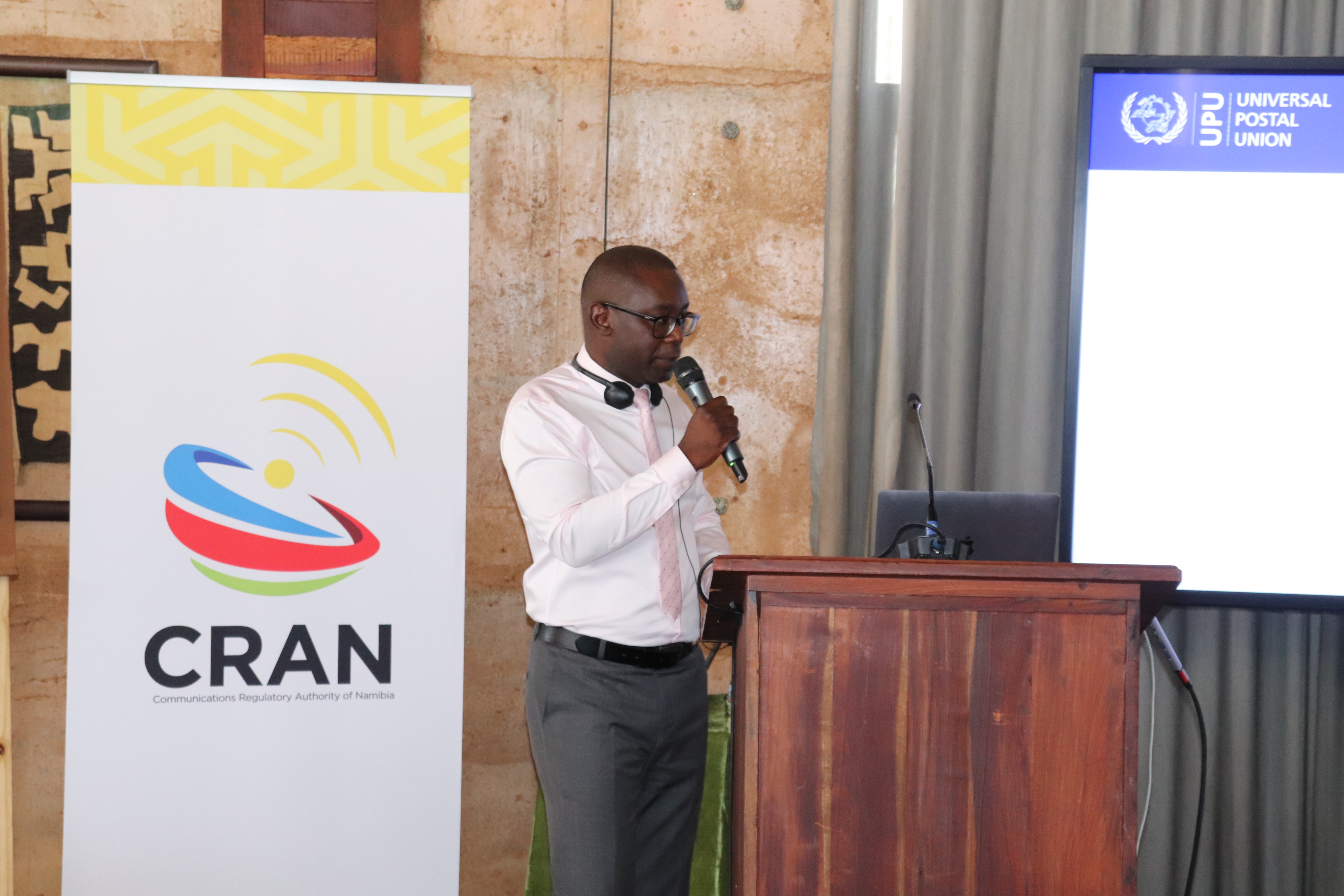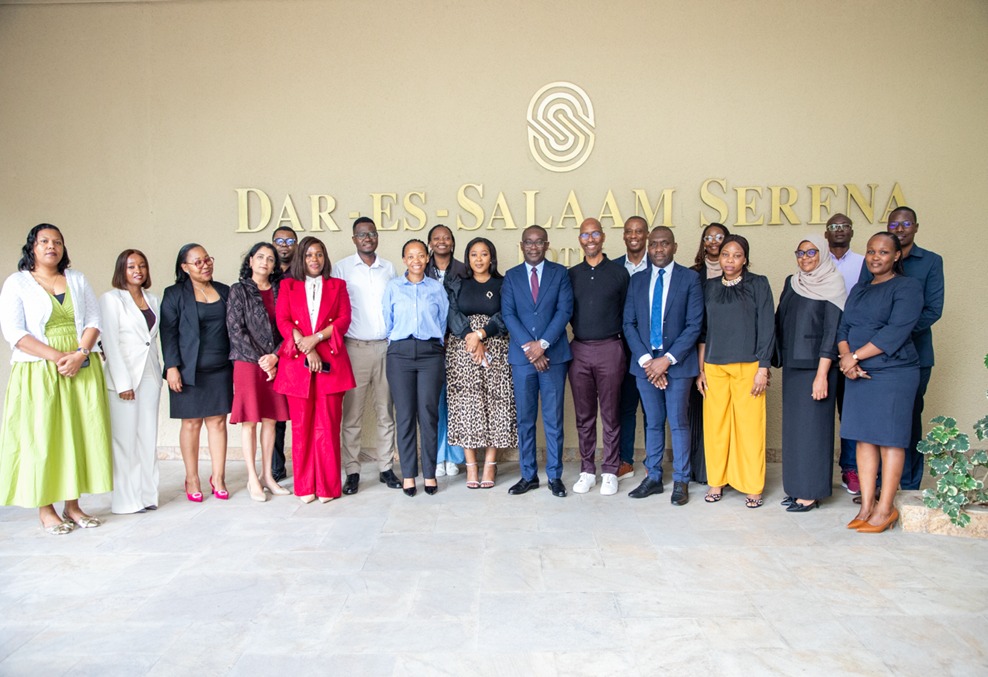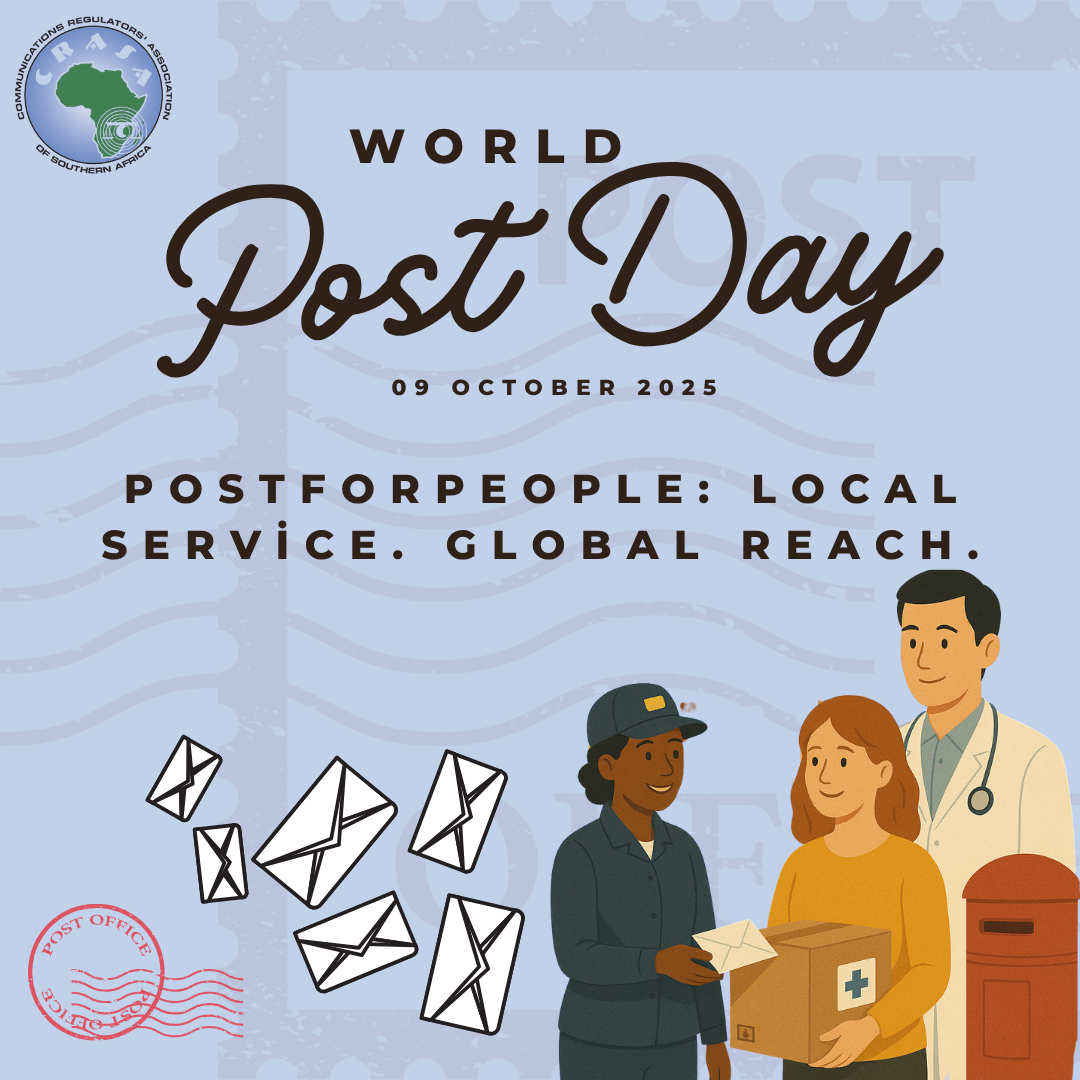Presenting the draft SADC Digital FinancialServices (DFS) Inclusion Guidelines and Recommendations for ICT Regulators at the Committee of Central Bank Governors (CCBG) on 12th August 2021,Mr. Chisepo Lungu, the SADC Program Officer ICT said that with the increased use of DFS in the region, there was need to ensure inclusion of all SADC Citizens to ensure increased access to such services. He said that it was bearing in mind of the need for Digital Financial Inclusion (DFI) that the SADCMinisters responsible for the ICT sectors agreed to a set of principles of regulatory best practices in DFS. These principles allowed for clarification of the roles and responsibilities of various cross sectoral regulators including the financial regulator, telecommunications regulator, competition authorities and others. He further said these principles allowed for identification of the areas of collaboration that could be agreed and entered between the financial and ICT regulators.
In concluding the presentation at the CCBG, Mrs.Bridget Linzie, the Executive Secretary of CRASA, said that even though much of the regulation for DFS was under the remit of the central banks, the consumer found easy access to direct their queries to the ICT regulator. She therefore said that in providing for effective grievance redress, there was greater requirement for an enhanced collaborative approach to DFS regulation. She thus said that such an approach would allow for service specific regulation as opposed to institutional based regulation. She also noted that there was a growing trend in the region where the financial and ICT regulators signed a Memorandum of Understanding (MoU). It was thus noted that most of the MoUs were generic in nature covering all areas of regulation that was overlapping between the two(2) regulators. She noted that most areas of collaboration were including consumer protection (Quality of Service and transparency in pricing); security and data privacy; sharing of technical expertise; and issues regarding interoperability.







